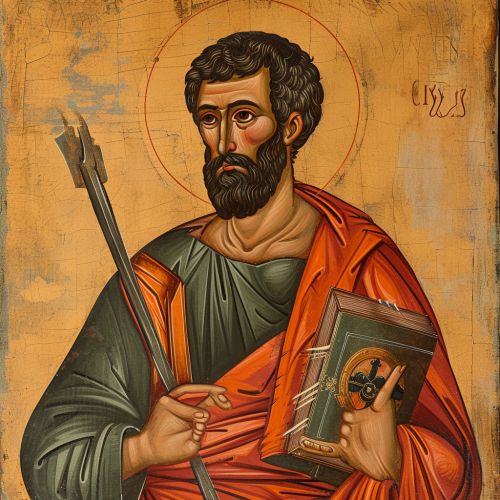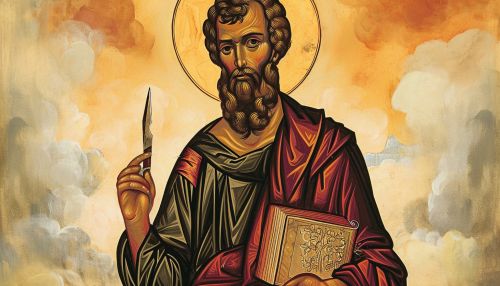Bartholomew the Apostle
Early Life and Calling
Bartholomew the Apostle, also known as Nathanael, was one of the twelve original apostles of Jesus Christ. His name is Aramaic and means "son of Talmai".


The exact details of Bartholomew's early life are not known. However, the New Testament provides some information about his calling. According to the Gospel of John, Bartholomew was introduced to Jesus through Philip, who was also from the same town of Bethsaida in Galilee. Upon meeting Bartholomew, Jesus described him as "an Israelite indeed, in whom there is no deceit" (John 1:47).
Apostolic Ministry
Bartholomew's ministry as an apostle is largely undocumented in the New Testament. However, he is listed among the twelve apostles in the gospels of Matthew, Mark, and Luke, as well as in the Acts of the Apostles. Bartholomew, like the other apostles, was commissioned by Jesus to spread the Gospel to all nations.
Post-Resurrection Ministry
After the resurrection and ascension of Jesus, Bartholomew continued his ministry. According to tradition, Bartholomew traveled to various regions, including India, Armenia, Ethiopia, and Southern Arabia, to preach the Gospel.
Martyrdom
Tradition holds that Bartholomew was martyred for his faith. The most widely accepted account is that he was flayed alive and then beheaded in Albanopolis in Armenia. His martyrdom is often depicted in art, with Bartholomew shown holding his own skin, a symbol of his flaying.
Legacy
Bartholomew's legacy is significant in the Christian tradition. He is venerated as a saint in the Roman Catholic Church, the Eastern Orthodox Church, the Oriental Orthodox Churches, the Anglican Communion, and the Lutheran Church. His feast day is celebrated on August 24 in the Western Christian tradition and June 11 in the Eastern Christian tradition.
